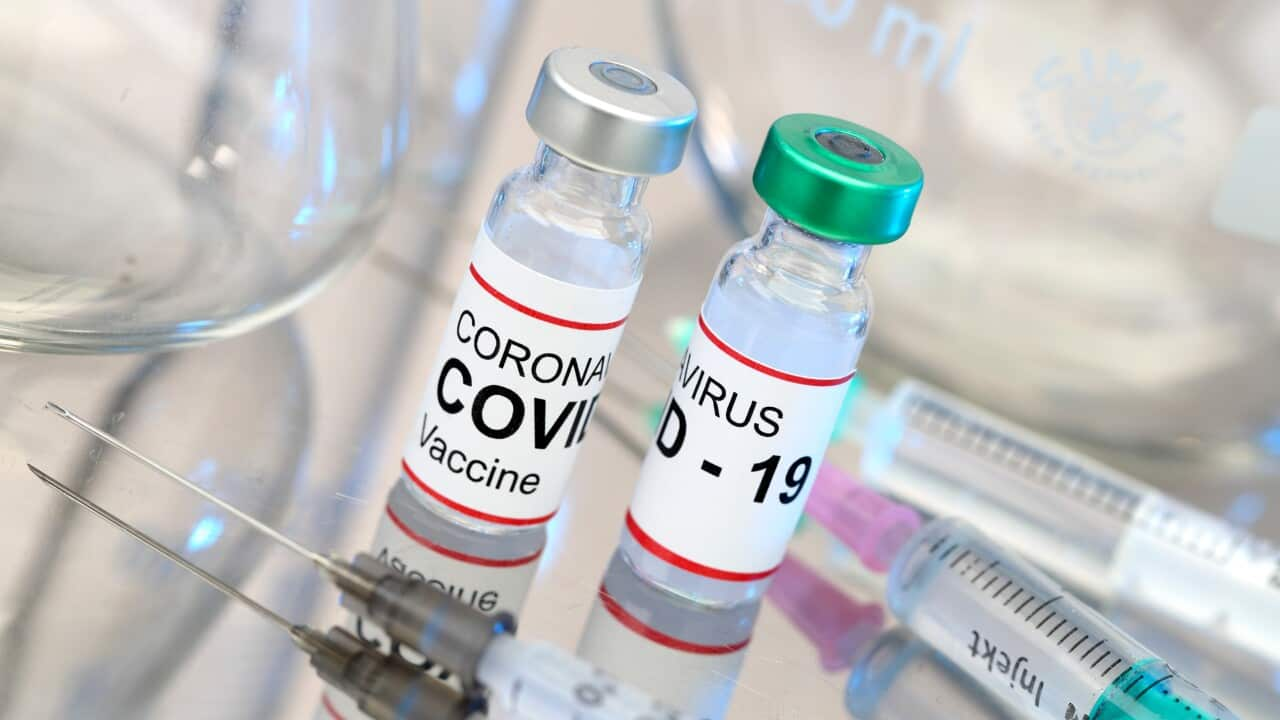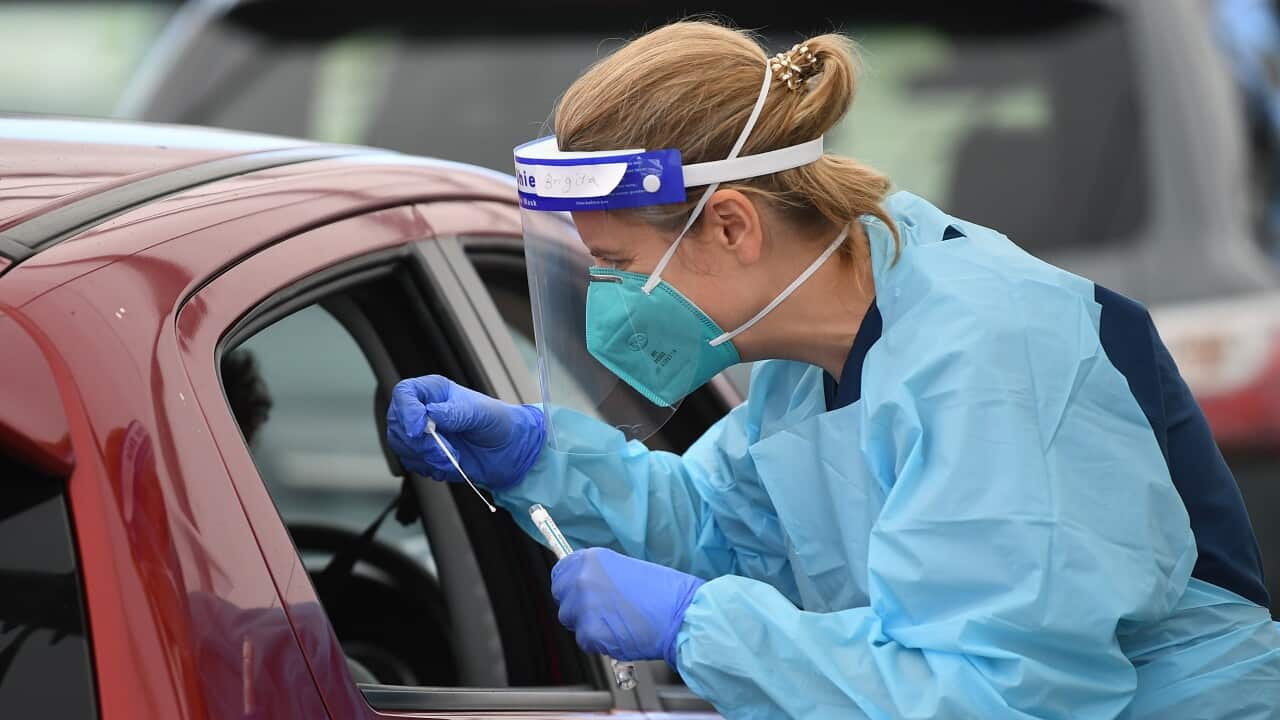Highlights
- Several myths and misinformation surrounding the vaccine exist
- Myths and false coronavirus remedies pose a real risk to public and individual health and safety
- To reduce the spread of misinformation, we’re busting the top medical myths
We spoke to leading infectious disease physician and ANU professor Peter Collignon to debunk six of the most common myths about the vaccines.
Myth 1: The vaccine is unsafe for older people
This myth gained traction after 33 elderly people in Norway died in the weeks after receiving their first dose of the Pfizer/BioNTech vaccine.
Norway’s Institute of Public Health later confirmed there was no direct link between their deaths and the vaccine, but the blow to vaccine confidence had already been dealt.
Professor Collignon says while vaccines can cause a mild fever, which could cause complications for elderly people who are already extremely unwell, the reality is that those people have a much higher death rate as it is.
Myth 2: The vaccine will somehow give you COVID-19
An easy one to answer for Professor Collignon - he says that is virtually impossible.
"The vaccine won't give you COVID, because it doesn't contain live virus. None of the vaccines contain live virus or any variation of COVID, so it would almost be impossible to get COVID from the vaccine itself," pinpoints Collignon.
Myth 3: The vaccine mustn't work because it was made too quickly
This myth is one you've probably heard a lot: that the vaccine mustn't work because it was made too quickly.
The coronavirus vaccines that we’ll soon be using in Australia are the fastest vaccines ever created - by a long shot.
Other vaccines we use regularly today have taken decades to produce.
But, in the context of the unprecedented death and disruption caused by COVID-19, scientists were able to get the job done in less than 12 months.
Professor Collignon says while the data collection process will be ongoing, there is no doubt these vaccines are both safe and effective.
Myth 4: Because the Oxford/AstraZeneca vaccine only has about 60-70 per cent efficacy, it can't protect us
While preliminary data from Pfizer/BioNTech showed a 95 per cent efficacy, Oxford/AstraZeneca’s is currently sitting between 60-70 per cent.
But Professor Collignon says while the vaccine may not stop all infections, it does stop most people from becoming seriously ill and is a lot easier to store and transport than Pfizer’s.
"The AstraZeneca vaccine is not as good at preventing all disease as the Pfizer vaccine, for instance, but it seems to be very good at stopping people from dying and getting severe disease. And you've got to remember that's what we're most worried about - people dying from this infection. So it's probably much better than 60 per cent - probably 80 or 90 per cent - at stopping people from dying. And we've got to remember, the Pfizer vaccine has got to be stored at minus 70, it can't be stored in an ordinary refrigerator for any period of time. So, in practise, when you look at the practicalities of rolling it out, the AstraZeneca vaccine may end up being as efficacious in the real world as the Pfizer vaccine because of cold chain issues," says Collignon.
Myth 5: You don't need the vaccine if you've already had COVID-19
This one is not entirely false - to a point.
It’s true that if you’ve beaten a COVID-19 infection, your immune system will have developed the antibodies needed to protect you from future infection - the same antibodies the vaccine will give you.
But we still don’t know how long those antibodies will last.
Professor Collignon says the data so far is pointing to at least one year, and a vaccine should only extend that protection.
"If you're sure you have had COVID - because you've had a positive PCR test - then maybe you don't need the vaccine or you don't need to be in the front row or the front of the line, but so far there's no evidence of any harm from being revaccinated, and in theory it could give an added protection that could last for longer, particularly if you need booster shots every few years," Collignon said.
Myth 6: The vaccine will hurt your ability to get pregnant in the future
There is no evidence that any coronavirus vaccine in use or in development will impact your fertility.
This myth likely stems from the fact that most countries are recommending women don't get vaccinated while pregnant, but only because the vaccines are yet to be tested on pregnant women.
This is not unusual - most vaccine trials throughout history have not included pregnant women.
Professor Collignon says data about post-vaccination fertility would become available in the months and years to come, but he’s not expecting any surprising results.
"I don't see any reason why the vaccines would hurt your ability to become pregnant in the future. In fact, I would think the disease itself - COVID - would make that more likely if you get very sick and you have low oxygen levels and kidney problems etcetera."





